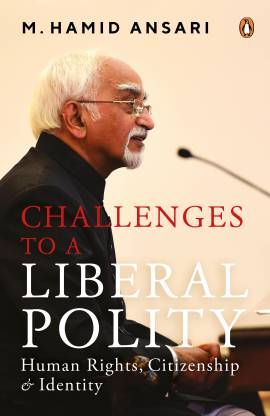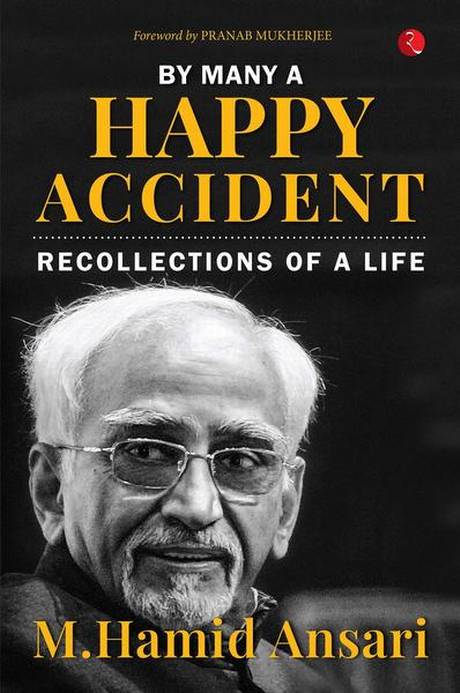NEW DELHI:
.webp)
Lt Gen (Retd) Zameer Uddin Shah in his autobiography refers to himself a ‘Sarkari Musalmaan’ – a Muslim who, according to him, is pro-establishment and supports the government of the day. A Sarkari Musalmaan defines his religion in a way that is acceptable to the establishment and projects himself as a modern rationalist by being submissive, or worse, by actively pandering to the bigotry against his co-religionists.
Sarkari Musalmaan: The life and Travails of a soldier educationist released in 2018 is the story of author’s journey from a Madrassa to becoming the Deputy Chief of the Indian Army and finally the Vice-Chancellor of the Aligarh Muslim University.
Book Review:
Zameer Uddin Shah’s ancestors came to India from Afghanistan during early nineteenth century. Being the second of the three children of Syed Aley Mohammed Shah and Farrukh Begum, Zameer was given to his mother’s spinster sister for adoption. He grew up being more attached to his foster mother than his own. At 17, he joined the National Defence Academy at Khadakwasla, Pune. Despite being a lone Muslim in his class of 200 cadets, he ‘was warmly welcomed, treated fairly and experienced affirmative action.’
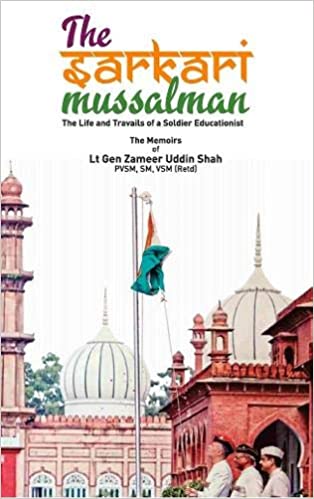
The author talks of living under the shadow of his celebrity brother actor Naseeruddin Shah and being his greatest fan. Nasser always wanted to become an actor and was not as good in academics as he or even their elder brother Zaheer. He recalls Zaheer as being the smartest of all. The family photographs in the book give a visual context of author’s narrative.
The author talks about his indomitable presence in the 1971 Indo-Pak War. Being a part of several hundred officers of the Battle Axe Division, he fought for his country on the desert sands of Jaisalmer. He recounts that this was the most taxing phase of his life that had a strong bearing on his family. Nobody knew whether he would come alive from the war but he did and was awarded a prized posting as a Defence Attache to Saudi Arabia and had an opportunity of serving with Hamid Ansari, the then Ambassador to Saudi Arabia. The author recounts “The fact that my country could repose faith in me and send me to Saudi Arabia strengthened my belief in the fundamental inclusive and secular fabric of Armed forces.” He goes on to explain in detail his stay and his travels across the Middle East with supporting photographs. This part of the book comes across as a travelog and makes reading even more fun.
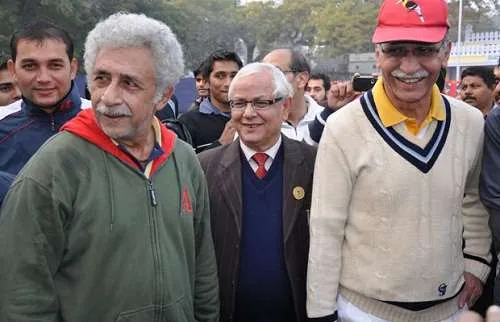
He describes the sheer inclusiveness with which his profession treated him as a Muslim and says that ‘I never wore my religion on my sleeve. My beliefs were between me and my maker. Whilst on parade, the Army was my religion. My men cared for my sentiments too. During Ramadan fasts, they would make sure I got breakfast every morning at 3 a.m.’
The most interesting chapter of the book is the one that deals with ‘Operation Aman’, an operation that his regiment carried out to bring peace and quell the riots and communal upheaval of Gujarat in 2002. The then Chief Of Army Staff, General S Padmanabhan handed over this responsibility to Zameer Uddin Shah.
‘We landed on a dark deserted airfield in Ahmedabad’ says the author En route to Chief Minister’s residence at Gandhi Nagar he was horrified to observe the rampaging mobs, burning and pillaging the police as mute spectators. With the army at the helm of affairs, the situation finally came under control and the operation was a success. This added one more feather to his cap.
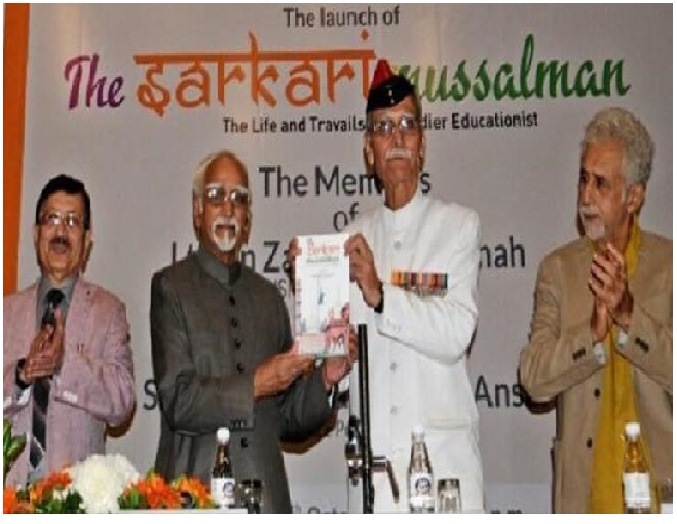
In the last chapters, the author talks about his tumultuous tenure as the AMU Vice Chancellor where hostile forces kept trying to pull the rug from beneath his feet. Kapil Sibal, the then HRD Minister had offered him the post and he had taken it, despite the disapproval of his friends and family. During his tenure, the university emerged as the best one in the country according to international ranking agencies like Times Higher Education, London, and US News World Report.
Throughout the book, the author constantly tries to make a case that Indian Muslims need education above anything else and there is an urgent need to draw them into the mainstream.
‘Discrimination’ says the author does exist but it certainly affects the lesser educated. The book would interest anyone who wishes to opt for a military career and also the young Indian Muslims who think that the odds are against them. This autobiography is there to suggest otherwise.
The Sarkari Mussalman: Life and travails of a soldier educationist ; Lt Gen Zameer Uddin Shah, Rs 599, Konark Publishers
(Saleem Rashid Shah is a research scholar and a non-fiction book critic based in New Delh).
source: http://www.awazthevoice.in / Awaz, The Voice / Home> Story / by Saleem Rashid Shah / May 2023
